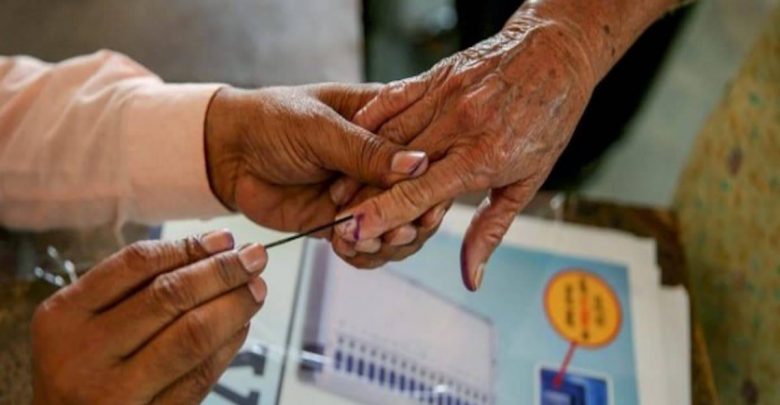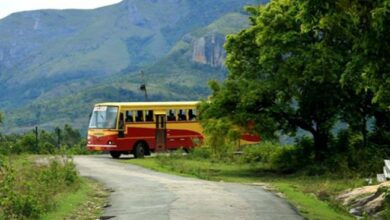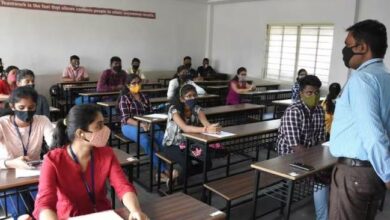Voting Begins in Chhattisgarh and Mizoram as Over 8.57 Lakh Voters Decide Fate of 174 Candidates

Today, the states of Chhattisgarh and Mizoram have headed to the polling booths as voting commences, marking a significant step in the democratic process. Over 8.57 lakh eligible voters, including 4.39 lakh women, are exercising their franchise to determine the electoral fate of 174 candidates across the two states.
In Mizoram, the electoral landscape is dominated by the ruling Mizo National Front (MNF), the main opposition Zoram People’s Movement (ZPM), and the Congress, all of which have fielded candidates in every seat. The Bharatiya Janata Party (BJP) is competing in 23 constituencies, while the Aam Aadmi Party (AAP) has nominated candidates in four assembly segments. Additionally, there are 27 independent candidates vying for electoral success.
Out of the 1,276 polling stations established across Mizoram, 149 are designated as remote voting centers, and 30, situated along the inter-state and international borders, have been declared as critical and vulnerable.
To ensure free, fair, and peaceful elections, comprehensive security measures have been put in place, with 7,200 personnel deployed across the state.
In Chhattisgarh, polling has commenced for ten seats, including Mohla-Manpur, Antagarh, Bhanupratappur, Kanker, Keshkal, Kondagaon, Narayanpur, Dantewada, Bijapur, and Konta. Voting for the remaining assembly constituencies in this phase, which includes Pandaria, Kawardha, Khairagarh, Dongargarh, Rajnandgaon, Dongargaon, Khujji, Bastar, Jagdalpur, and Chitrakote, will start at 8 a.m. and continue until 5 p.m.
Chhattisgarh’s elections are being conducted in two phases, with the second phase scheduled for November 17. This phase includes 20 constituencies, 12 of which are from the Bastar division. In total, 223 candidates are competing in this phase, with 5,304 voting booths set up by the election commission. There are 40,78,681 voters in this phase, comprising 19,93,937 male voters and 20,84,675 female voters. Out of the 20 seats, 13 are reserved for Scheduled Castes (SCs) and Scheduled Tribes (STs), reflecting the state’s commitment to ensuring representation for marginalized communities in the legislative assembly.






